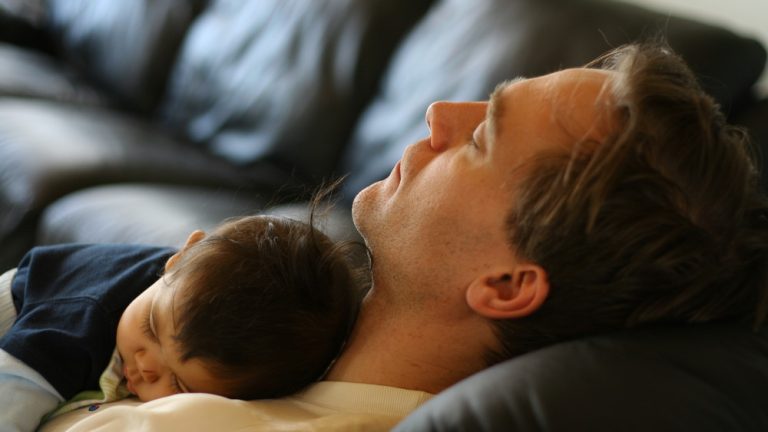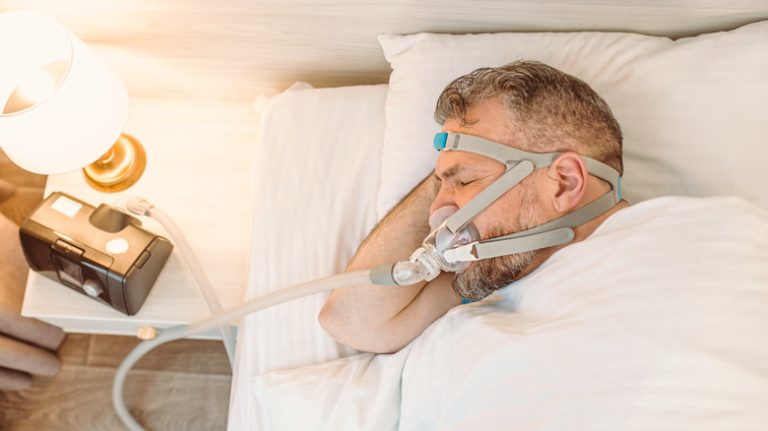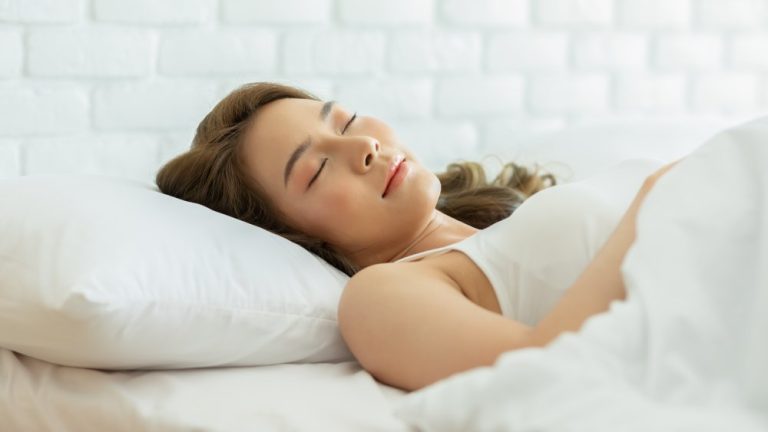When embarking on a weight-loss journey, there are many resources available to find the best ways to shed those extra pounds. The National Health Service (NHS) provides some basic principles to follow if you’re looking to shrink your waistline, including upping your physical activity, opting for fresh fruits and vegetables over processed and high-calorie foods, drinking lots of water, planning out your meals ahead of time, and making sure to get a filling breakfast to kick off the day.
At the end of the day, the goal should be consuming fewer calories than you expend, according to the Mayo Clinic. This means making sure not to overeat, and fill up on low-nutrient foods while burning extra calories throughout workouts and general physical activity. It’s incredibly important to be mindful of the foods that make up the bulk of your daily diet. For example, studies have shown a link between the consumption of high levels of sugar and obesity, as per a 2024 review.
While diet and exercise play a huge role in weight, there are other factors that can make or break your weight-loss journey. One celebrity trainer discussed a possible reason you might not be losing weight with Shape, and it has nothing to do with your workout or diet.
You may be sabotaging your weight loss with too little sleep
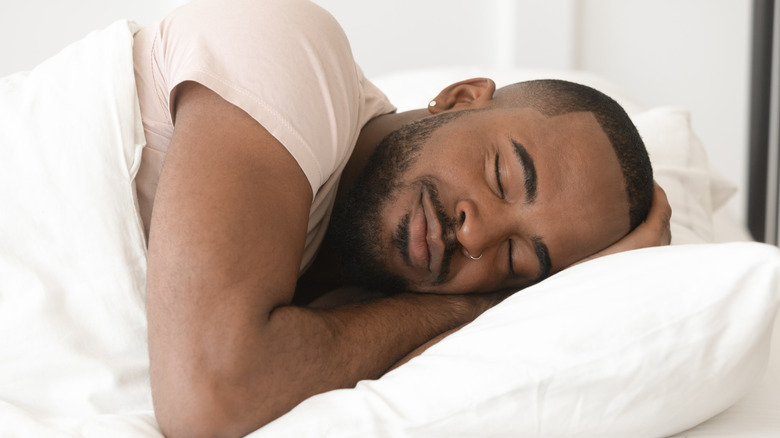
When asked by an interviewer at Shape what the one barrier to preventing weight loss is, one celebrity trainer pointed to lack of sleep as the culprit. “Most people fail to realize that getting enough quality sleep … sets the stage for everything else,” the trainer explained, adding, “A good night’s sleep not only gives your body and brain the chance to recover, but it also assists in balancing your hormone levels.” The trainer went on to outline specific hormones that are both influenced by sleep and factor into weight. For example, leptin and ghrelin are important hormones for increasing and repressing our appetite and can get thrown out of whack with a lack of sleep.
This claim has been backed up by previous research studies, including one 2004 study published in PLOS Medicine. Researchers found a link between short sleep duration and elevated levels of ghrelin (the hormone that tells us to eat more) and lower levels of leptin (our built-in appetite suppressant). In turn, those who slept less per night also had a higher BMI.
So, if you’re someone who isn’t losing weight, despite dietary and activity changes, you might want to examine your sleep habits to make sure you’re getting enough sleep per night. But how much is enough? The Sleep Foundation recommends that adults between the ages of 18 and 64 get between seven and nine hours of sleep for optimum health.
How to maximize sleep
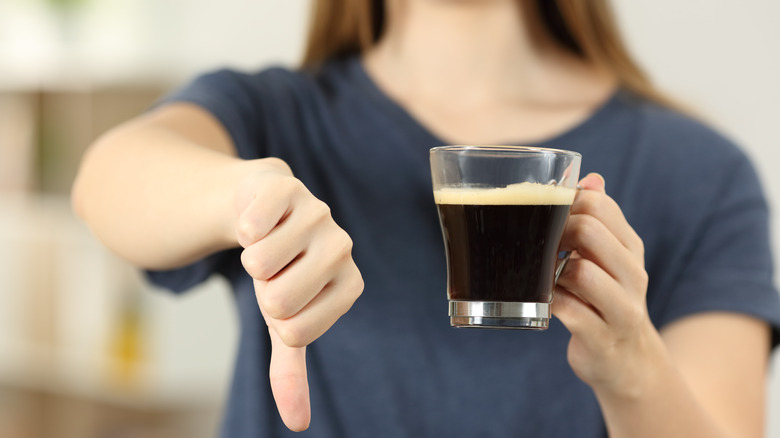
Now that you know that sleep is important for weight loss, you may be wondering how you can ensure you are getting an adequate amount of sleep every night. Healthline offers some helpful tips that can ensure you build good sleep habits. One easy way to allow your body to get the rest it needs is to eliminate caffeine intake later in the day. Caffeine is a stimulant that stays in the body for many hours after consumption, making it difficult to wind down when it comes time for bed.
Healthline also advises sticking to regular sleep patterns to maximize your night’s sleep. The worst thing you can do is go to bed at different times every night, as well as wake up at different times – and yes, this includes the weekends. Keeping to a sleep schedule helps your body regulate its circadian rhythm, which is essential for the production of melatonin, the hormone that sends your brain into dreamland (via the NIH).
The Sleep Foundation adds its own two cents when it comes to a good night’s rest. The key to sleeping well lies in your bedroom environment. You’ll want to ensure you have a comfortable mattress that supports your skeletal alignment, in addition to quality bedding that won’t leave you too hot or cold during the night. Lastly, sleeping with a white noise machine or earplugs can help avoid wakeful noises, keeping you in a deep restful sleep the whole night.

